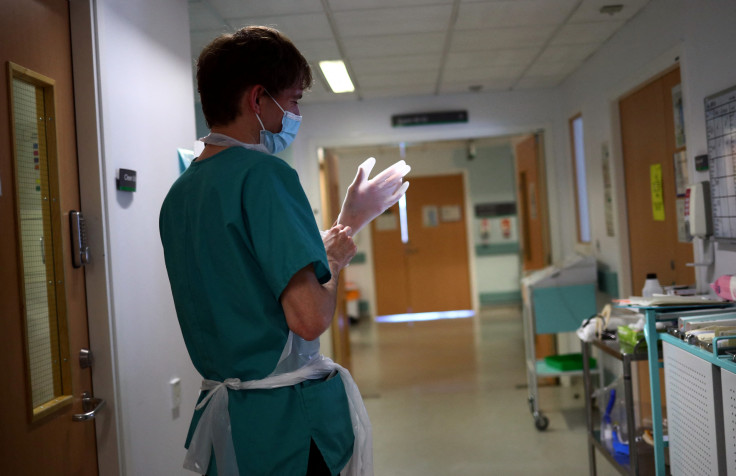Women's health research is severely underfunded, according to recent report
A UKCRC report found that the research into women's health is extremely underfunded compared to the research into men's health conditions.

A report, carried out by the UK Clinical Research Collaboration (UKCRC), found that the health conditions that affect women more than men gain less funding.
The medical conditions that are considered the highest burden and are dominated by women include, mental illnesses, depression, anxiety disorders, chronic fatigue syndrome (CFS), and endometriosis. At least 60 per cent of the people that suffer from severe migraines are also women.
The UKCRC report found that less than 2.5 per cent of publicly funded research is dedicated to women's reproductive health. This gap in medical research has been dubbed as "dangerous", considering the fact that one in three women in the UK will suffer from a gynaecological health problem at some point in their lives. Premenstrual syndrome, which is also underfunded in terms of study, affects 90 per cent of women.
In complete contrast to the lack of medical attention on women, there is five times more research on erectile dysfunction. Erectile dysfunction only affects 19 per cent of men at most.
The author of 'Vagina: A Re-education, Lynn Enright', told reporters: "Women have been woefully neglected in studies on pain. Most of our understanding of ailments comes from the perspective of men; it is overwhelmingly based on studies of men, carried out by men."
In 2022, the US National Institutes of Health spent $45 billion on biomedical research. However, the funding was put into an investigation into HIV/AIDS and substance misuse – which affect men the most.
An independent researcher, who works closely with the US National Institutes of Health argues for more funding towards women's health conditions. The medical expert recognised that HIV/AIDS and substance abuse receives more funding than the corresponding burden may suggest.
Sarah Temkin, the Associate Director for Clinical Research at the National Institute of Health Office of Research on Women's Health in Maryland, stated that the analysis "demonstrated that the funding of research for women is not aligned with the burdens of disease".
I have relatively extreme views against hormonal contraception for many reasons but mainly because when women have issues with their periods, medicine’s answer isn’t to investigate but just put them on the pill
— Jade Rozana ✨ (@jadethetallone) November 10, 2022
We deserve more research into womens health. Urgently.
Andrew Horne, the Professor of Gynaecology and Reproductive Services at the University of Edinburgh, argued: "The main funding bodies like the Medical Research Council, the National Institutes of Health, and the Wellcome Trust didn't particularly favour reproductive health research."
"I think it's changing now, but for a long time, the panels were made up of men who weren't aware of reproductive health research. A lot of funding went to conditions which either affected both men and women or just men," the Professor of Gynaecology and Reproductive Services further explained.
Earlier this year, in March 2023, the UK government invested £25 million into the expansion of women's health hubs. The additional funding, which was put towards balancing the medical research between men and women, was the UK government's way of celebrating International Women's Day.
The investment will be made over the next 2 years and was part of the Women's Health Strategy for England.
The funding set out to, "provide tailored services for women including menopause care, menstrual health and contraception – which means more women can get the right support that works around their daily lives", Steve Barclay, the Secretary of Health and Social Care revealed.
In response to the delayed recognition of women's health, the Minister for Women's Health, Maria Caulfield, declared: "Women make up 51 per cent of the population and should not be an afterthought in healthcare."
Amanda Pritchard, the Chief Executive of the NHS, also spoke out about the delayed response to women seeking equal medical support.
She said: "For too long, too many women have felt that their pain has been ignored, misunderstood or downplayed when they approach health professionals for help."
The advocacy group, Women's Health Access Matters (WHAM), are currently conducting a global investigation into the gender gap in medical research and funding. The countries that WHAM are analysing include the UK, France, Italy, Israel, and Japan.
© Copyright IBTimes 2025. All rights reserved.






















